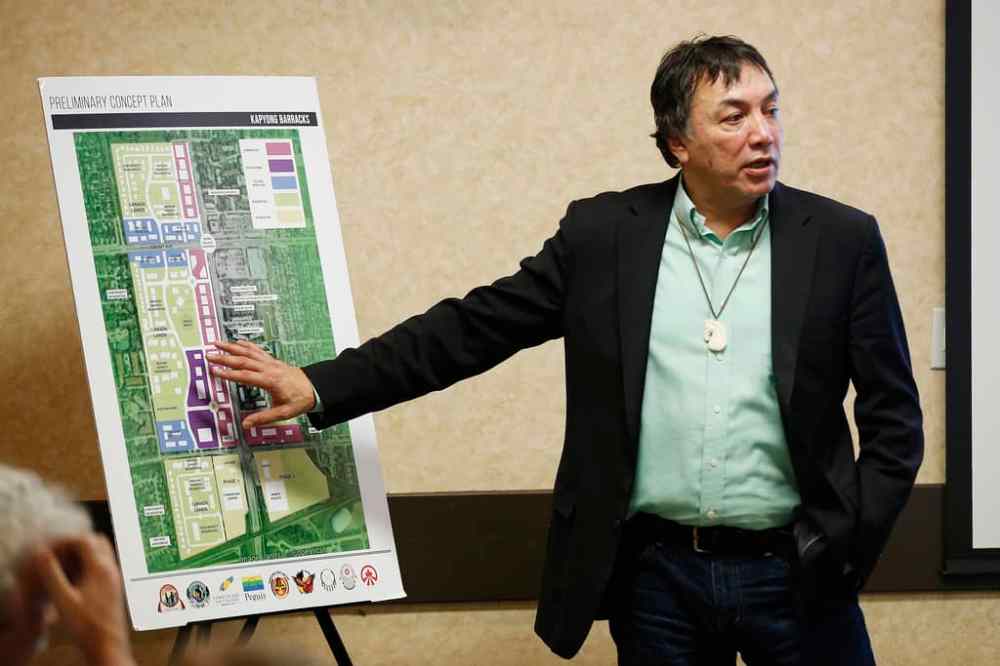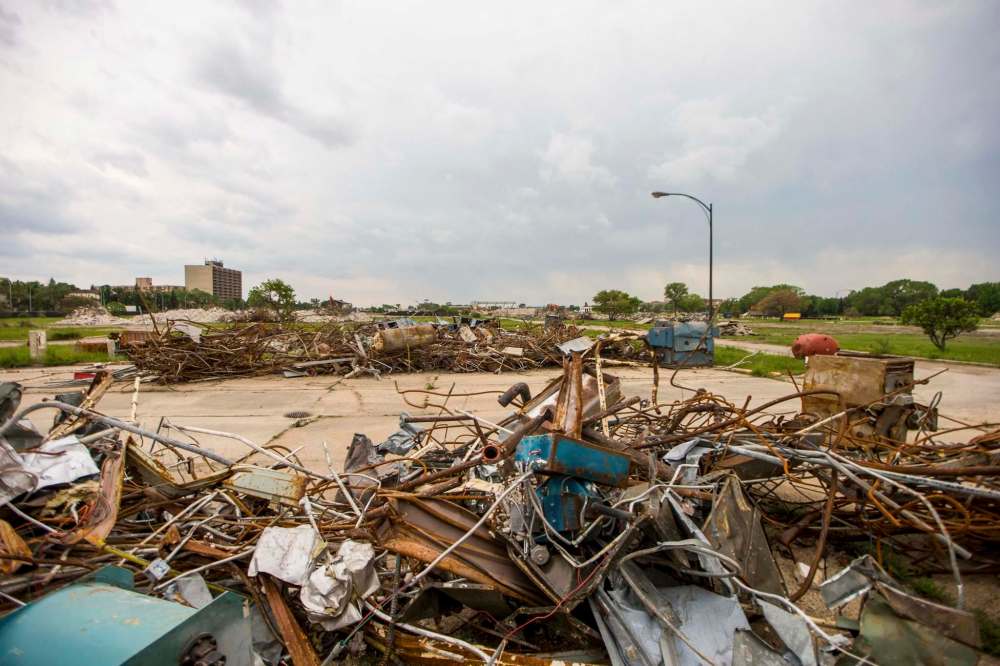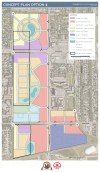Kapyong concept plan revealed
Planners hope for innovative, pedestrian-friendly project
Advertisement
Read this article for free:
or
Already have an account? Log in here »
To continue reading, please subscribe:
Monthly Digital Subscription
$0 for the first 4 weeks*
- Enjoy unlimited reading on winnipegfreepress.com
- Read the E-Edition, our digital replica newspaper
- Access News Break, our award-winning app
- Play interactive puzzles
*No charge for 4 weeks then price increases to the regular rate of $19.00 plus GST every four weeks. Offer available to new and qualified returning subscribers only. Cancel any time.
Monthly Digital Subscription
$4.75/week*
- Enjoy unlimited reading on winnipegfreepress.com
- Read the E-Edition, our digital replica newspaper
- Access News Break, our award-winning app
- Play interactive puzzles
*Billed as $19 plus GST every four weeks. Cancel any time.
To continue reading, please subscribe:
Add Free Press access to your Brandon Sun subscription for only an additional
$1 for the first 4 weeks*
*Your next subscription payment will increase by $1.00 and you will be charged $16.99 plus GST for four weeks. After four weeks, your payment will increase to $23.99 plus GST every four weeks.
Read unlimited articles for free today:
or
Already have an account? Log in here »
Hey there, time traveller!
This article was published 22/10/2020 (1876 days ago), so information in it may no longer be current.
OTTAWA — First Nations developers have taken local feedback into a new concept plan for the former Kapyong barracks lands, adding green space, lowering residential density and expanding Indigenous cultural spaces, the Free Press has learned.
Treaty One Development Corp. will unveil the new design this morning, which reveals where it expects to put schools, condos, and stores in the open space between Winnipeg’s Tuxedo and River Heights neighbourhoods.
“This is about creating an environment that blends well with existing neighbourhoods, while balancing sustainable economic opportunities for Treaty 1 First Nations,” the group’s chief executive officer, Whelan Sutherland, wrote in a statement.
Treaty One is working with Canada Lands Co. (a federal Crown corporation) to develop the vacant, 160-acre site in south Winnipeg, which has sat unused since 2004, when the Canadian Forces shuttered the base.
Two-thirds of the site will be an urban reserve, or what the First Nations group calls an “urban economic-development zone.”
Treaty One prepared an initial plan in late 2018, which it refined this spring into three concepts, mapping out components such as commercial and natural space, as well as the shape of streets.
Planners surveyed 1,000 locals, and also took feedback in a June video conference 800 people attended.
Using that advice, they had consultants at Scatliff Miller Murray update the design, which will now be used to seek formal approvals.
The concept plan shows slightly curvy streets with retail along most of Kenaston Boulevard, low-density housing (such as detached homes) bordering Tuxedo, and mid-density condos in between, with stores on the ground floor.
While developers will have to go through the City of Winnipeg’s usual zoning process, Treaty One has plotted out where it imagines some elements sitting.
North of Grant Avenue, a stormwater pool shaped like a yin-yang would anchor a circular park, surrounded by housing.
A supermarket is envisioned southwest of Taylor Avenue and Kenaston Boulevard. On the northeast corner would sit a cultural campus, which will likely include a war museum that commemorates Indigenous and non-Indigenous soldiers.
A gas bar would likely go along Taylor, just west of Centennial Street. A sports centre could be placed in the southeast corner of the former Kapyong lands, alongside the CN Rail line.
While urban reserves are common in other provinces, only small parcels in Winnipeg are identified as reserve land.

Treaty One hopes to use local First Nations names, and architecture that includes cultural concepts, while also building a client base for Indigenous businesses. The group has previously discussed a college, daycare, hotel and hospice on the sprawling site.
Planners hope for an innovative, pedestrian-friendly project that will connect to the city’s active transportation network.
This spring, one planner said at the town hall that parking would be designed “looking long into the future, about alternatives to cars.” However, Treaty One said it has crafted a traffic-management plan, after neighbours said they’re worried about more cars.
Canada Lands said the feedback from Winnipeggers is among the most it’s ever received, and 75 per cent of respondents felt the project is headed in the right direction.
The Department of National Defence plans to finish demolishing military buildings on the site by October 2021. The Kapyong lands were part of a decade-long court battle before Ottawa handed the site over to First Nations in August 2019.
The bands hope to negotiate fees for policing and water with the city, instead of paying the full property tax rate.
One of the most common questions is whether Kenaston Boulevard will be widened; the developer said that decision rests with the city.
dylan.robertson@freepress.mb.ca
History
Updated on Thursday, October 22, 2020 9:58 AM CDT: Removes redundant reference to Thursday
Updated on Friday, October 23, 2020 8:41 AM CDT: Removes designation "architects"











